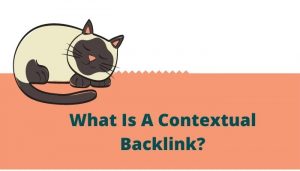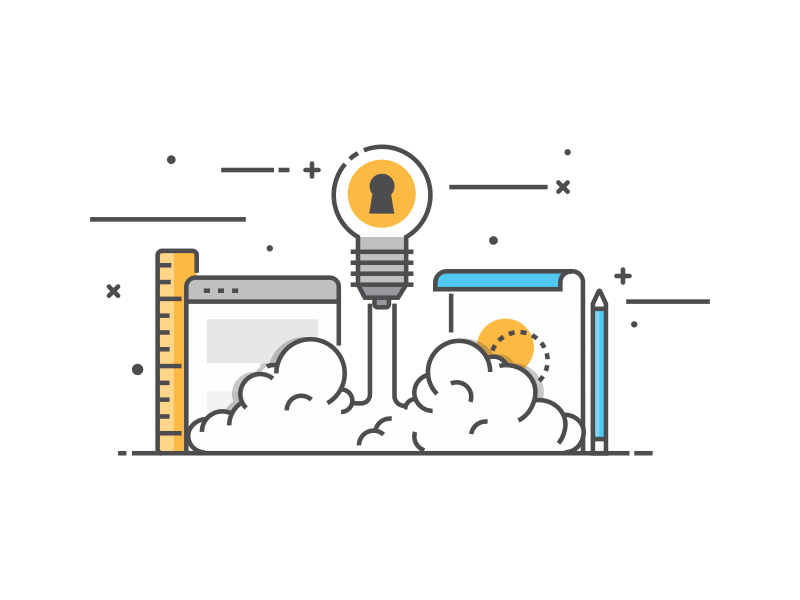There are many terms continually thrown around in the sphere of SEO, many of which seem to be synonymous. Crawling and Indexing are perfect examples of two words that are used incorrectly. Crawling and indexing both are interlinked with each other.
Both of these processes are necessary for your website to appear in search engine results.
Before getting into the difference between crawling and indexing let us first get to know what it means to have your page crawled and indexed.
How does crawling work?
Crawling is when search engines like Google, Bing, Yahoo & others send a bot to the web page or web post & “read” the page. Don’t be confused with having that page being indexed.

The method of travel by which the crawlers travel is website links. These website links bind together pages on a website & create a pathway for crawlers to reach trillions of interconnected website pages that exist.
Here are the following points to keep in mind before Crawling-
Crawling is the first part of having the search engine recognize your page & going through all the relevant details (posts, articles, blogs, etc.) provided on your website.
Having your page crawled doesn’t necessarily mean your page would be indexed & found.
When we say getting crawled it means that Google has started looking at the page. Depending on whether or not the content is “new” or otherwise has something to “provide to the internet”, it may schedule to be indexed meaning it has the possibility of ranking.
Crawling is generally done by Google within a week but getting your page indexed thereafter takes a longer period i.e. 2-3 weeks.
Crawlers provide a cache certificate after a successful crawl.
Crawling and Indexing both are important parts of SEO to rank the web pages in the SERPs.
The more you keep updating your website with the latest content i.e. blog, article, post the higher the chances of your page being crawled again. When Google crawls a page, it looks at the links on that page & schedules the Google bot to check out those pages.
How does indexing work?

Indexing means organizing & storing all the relevant information in the database after crawling the web pages & displaying the results from the collected information after the search query. If the search engine deems your page worthy, then only it will index it. Once a page is in the index, it’s ready to be displayed as a result of a relevant query.
The index catalogs & organizes– detailed data on the nature of the content, a map of all the pages that each page links to, other information about links, such as if they are ads or not, where they are located on the page & other aspects of the content of the link.
Here are the following points to keep in mind while indexing-
Indexing is the result of successful crawling. The indexer is responsible for building the index by processing the files returned by the crawler.
Every indexed site is crawled as the search engine displays the page in the results.
When we say Indexing, it means that Google sorts the information that it has gathered from crawling the web pages. It includes information about words and their location.
Indexing generally takes 2-3 weeks depending on the domain authority.
Indexing is updating the cached webpages in the search engine database. The Google Search Console (GSC) shows the indexed pages. It lets you upload an XML sitemap, also lets u tell Google what you would LIKE for them to index & how often it should check back for changes.
Google will index new & fresh content which improves the user experience & decides which keywords and what ranking in each keyword search your page will land. The richer & insightful the content, the higher would be ranking in search results.







